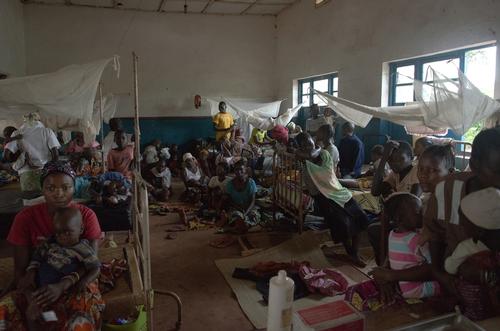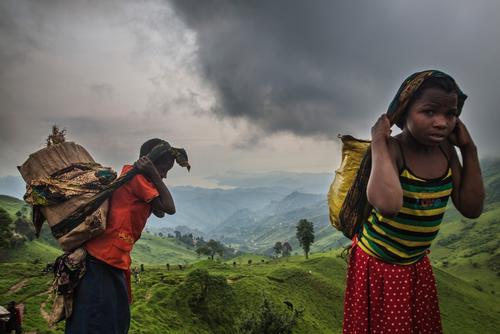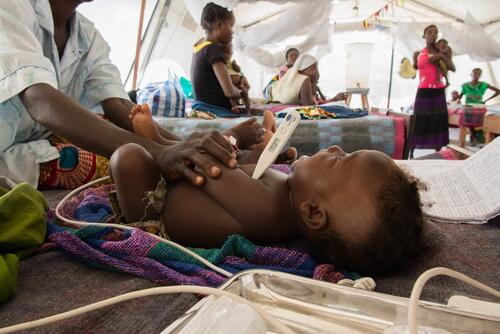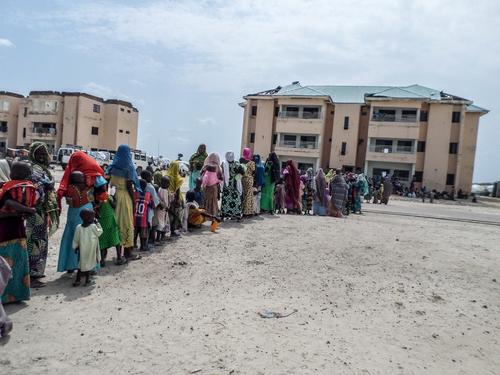Isiro, DRC – An unusually severe outbreak of malaria has hit the health area of Pawa and neighbouring Boma Mangbetu. On Monday 9 May 2016, 141 children were admitted overnight to the Pawa general referral hospital in the Haut-Uele province in the north east of the Democratic Republic of Congo (DRC). There were two or three children to each of the 22 beds in the paediatric ward, with others on mats on the floor between the beds and in the corridors.
“We are so tired of watching children die!” exclaimed the head of the Gatua communities during a meeting with the Médecins Sans Frontières (MSF) nurse. “We have been burying children nonstop since March. The healthcare centre has no more malaria medicine, and mothers are taking their children home to die. The only thing they can do is to cool them down with water to try and bring the fever down.”
At the beginning of May, MSF launched emergency relief in the Pawa and Boma Mangbetu health zones in response to an appeal from the overwhelmed health authorities. The first step the organisation took was to distribute close to 10,000 artemisinin-based treatments for malaria and a larger number of rapid diagnostic tests to 32 healthcare centres in order to ensure that the disease is treated quickly, effectively and free of charge on a local level.
“We have encountered a similar situation only once: in 2012, during an intervention in the areas of Ganga-Dingila, Pawa, Poko and Boma-Mangbetu we treated over 60,000 children suffering from malaria,” explained Florent Uzzeni, MSF's Deputy Emergency Programme Manager. “Today our primary objective is to treat children suffering from simple malaria as quickly as possible, so that they do not go on to develop severe malaria.”
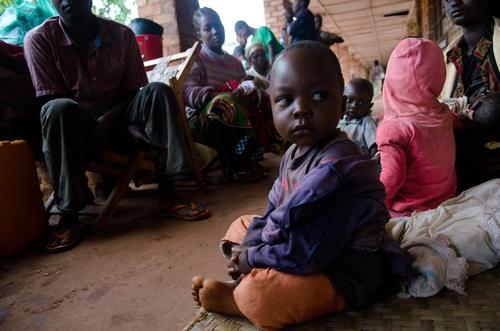
If the disease is treated in time with the right medication, the risk of complications can be significantly reduced. However, the current lack of available medication and its excessive cost have meant that cases of severe malaria are multiplying, leading to many children dying at home without access to healthcare. MSF will therefore also provide support for the Pawa and Boma Mangbetu general referral hospitals in treating these complicated cases, which often require intensive care, blood transfusions and oxygen therapy. MSF medical staff will be provided to strengthen the Ministry of Health's medical team. The organization will also provide the equipment and medication required, and provide training to improve the quality of care.
“We will provide relief in the areas with the highest number of malaria cases, but we know that other health areas in the Haut-Uele, Bas-Uele and Ituri provinces have also been affected,” continued Florent Uzzeni. “Effective treatments do exist, and if all the stakeholders within the country involved in the fight against malaria move quickly, we will be able to stop too many children dying as a result of this outbreak.”



